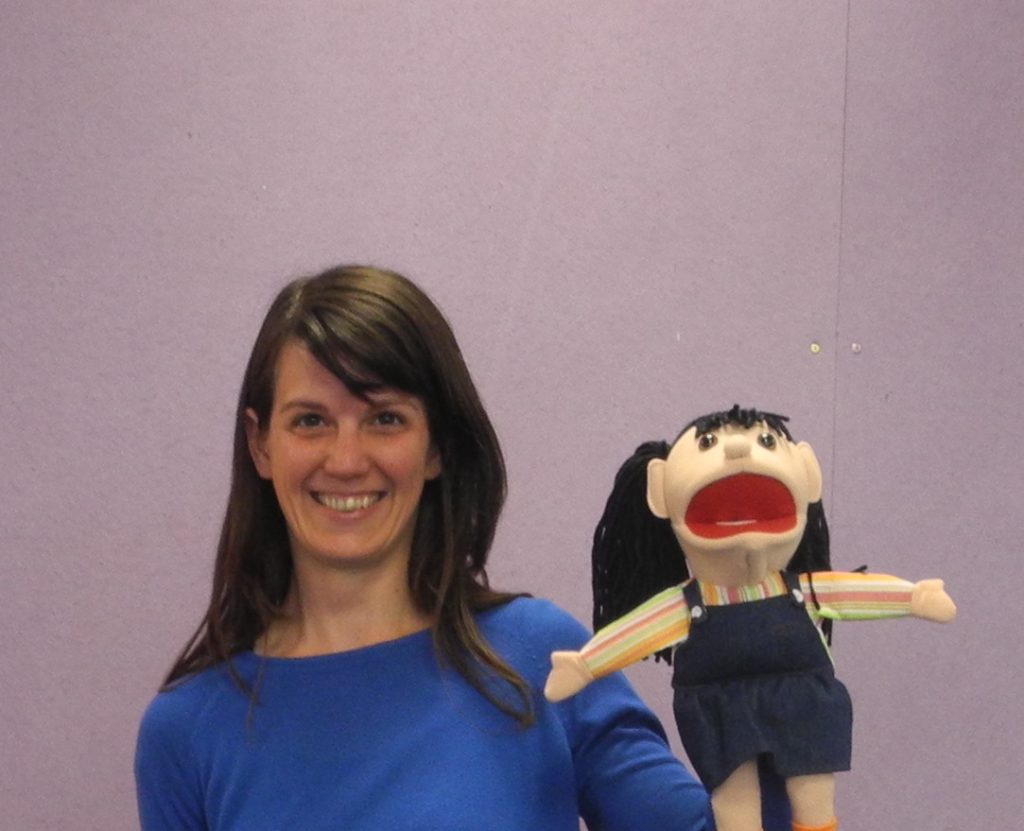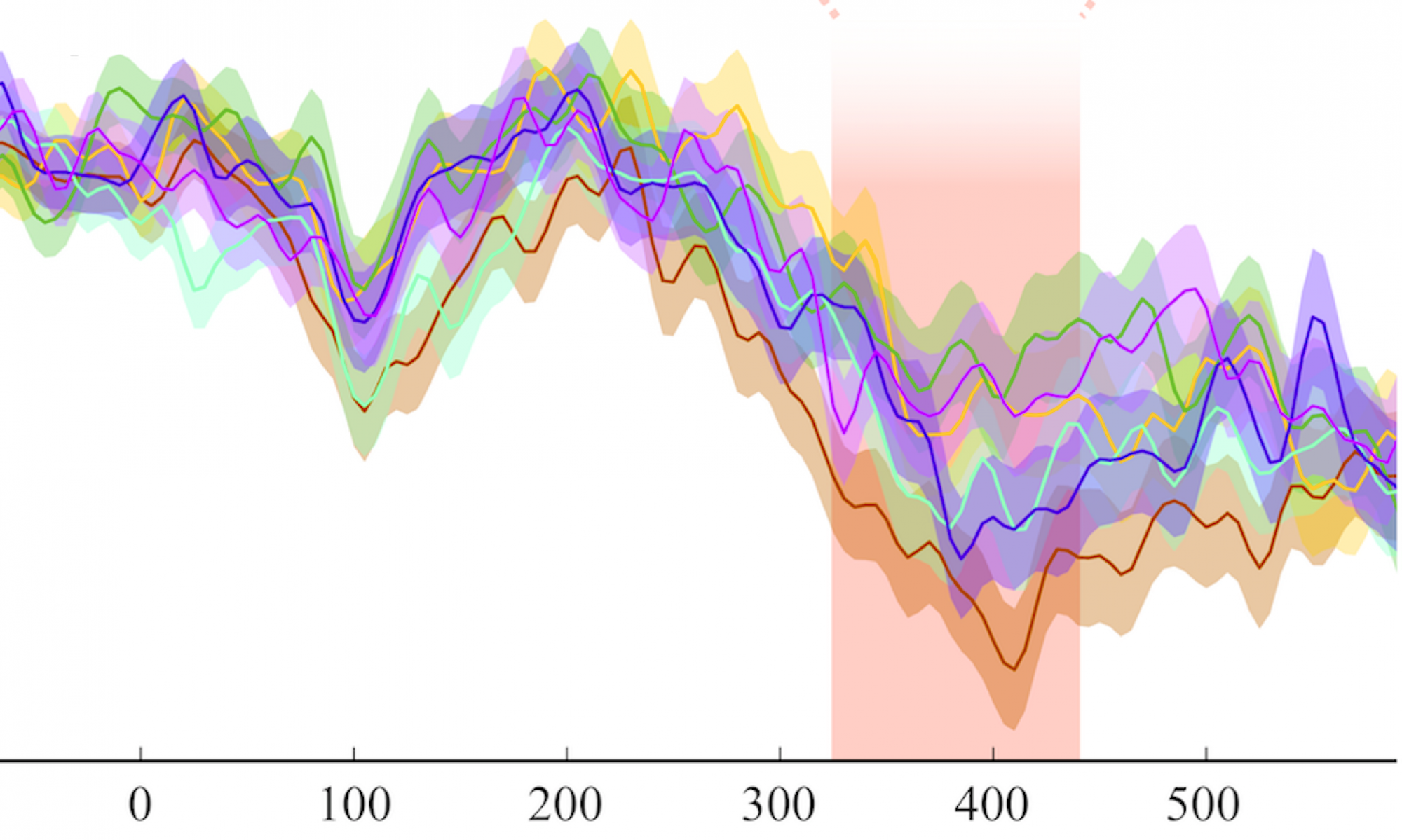It’s been a productive few weeks for the Generics project team (Linnaea, Dimitra Lazaridou-Chatzigoga and Napoleon Katsos). We’ve just one new paper come out, with two more on the way! We’ve just published our research on how children and adults understand and make new generalisations about ‘striking’ properties that are expressed in the form of a generic statement (eg. glippets love to play with fire). We find that both children and adults are less likely to extend such a property to a novel exemplar, counter to the results of previous experiments, and suggestions in the semantics literature proposing that strikingness licenses generic generalisations for properties with low statistical prevalence (eg. sharks kill people). Read the paper here. This research was funded by our British Academy Small Grant “Learning about the world through generic statements: a cross-linguistic perspective.” (SG-132271).

2019 Lazaridou-Chatzigoga, Dimitra, Katsos, Napoleon, and Stockall, Linnaea. Generalising about striking properties: do glippets love to play with fire? Frontiers in Psychology. doi.org/10.3389/fpsyg.2019.01971
And our work on the processing of generic vs. quantificational generalisations in context will soon be appearing in two publications. In the Journal of Semantics, our paper Contextualising generic and universal generalisations: quantifier domain restriction and the generic overgeneralisation effect. describes a pair of English and Greek experiments demonstrating that the so-called Generic Over-Generalisation (GOG) effect may be largely due to correct, grammatically licensed Quantifier Domain Restriction (QDR) rather than to a processing error. Our paper Experimental evidence on genericity and universal quantification in Greek and English., which will be published in the Proceedings of the 13th International Conference on Greek Linguistics, reports additional experimental work on the Greek quantifiers o kathé and kathé, further supporting the QDR approach.

